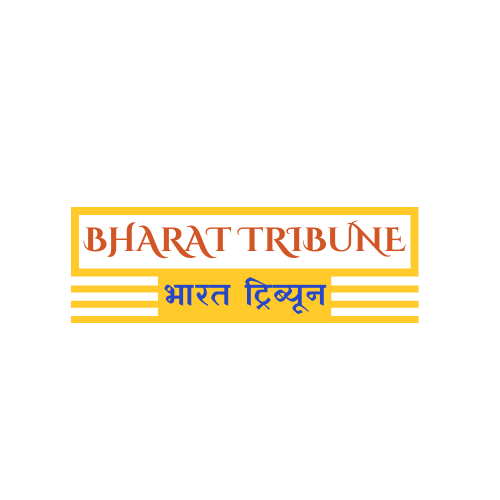Blockchain technology, most famously known as the backbone of cryptocurrencies like Bitcoin, has far broader applications extending beyond the digital currency realm. This distributed ledger technology provides a secure, transparent, and efficient way to record and verify transactions. Let's delve into what blockchain is, how it works, and its various applications outside of cryptocurrency.
What is Blockchain Technology?
At its core, a blockchain is a digital, decentralized, distributed, and public ledger consisting of records called blocks. These blocks are linked together in a chain, hence the name 'blockchain.' Each block contains a timestamp, transaction data, and a cryptographic hash of the previous block. This design makes blockchains resistant to modification because once data is recorded in a block, altering it would require changing all subsequent blocks.
How Blockchain Works
- Transaction Request: A transaction is initiated by a participant on the network.
- Verification: The transaction is broadcast to a network of computers (nodes) for verification. This verification process often involves consensus mechanisms like Proof of Work (PoW) or Proof of Stake (PoS).
- Block Creation: Once verified, the transaction is bundled into a new block along with other transactions.
- Chain Addition: The new block is added to the existing blockchain, making the transaction permanent and unalterable.
- Security: Cryptographic hashes ensure the integrity of the chain, making it tamper-proof.
Beyond Cryptocurrency: Diverse Applications of Blockchain
While blockchain gained initial traction with cryptocurrencies, its features make it suitable for a wide array of applications across various industries:
- Supply Chain Management: Blockchain can track products from origin to consumer, ensuring transparency and authenticity. This is particularly useful in industries like food, pharmaceuticals, and luxury goods, where counterfeiting is a significant concern.
- Healthcare: Blockchain can securely store and share medical records, improving data interoperability and patient privacy. It can also track pharmaceuticals to prevent counterfeit drugs from entering the supply chain.
- Voting Systems: Blockchain can create secure and transparent voting systems, reducing the risk of fraud and increasing voter trust. Each vote is recorded as a transaction on the blockchain, making it auditable and tamper-proof.
- Digital Identity: Blockchain can provide individuals with a secure and self-sovereign digital identity. This allows users to control their personal information and share it securely with trusted parties.
- Real Estate: Blockchain can streamline property transactions by reducing paperwork, eliminating intermediaries, and ensuring secure record-keeping. This can lead to faster and more efficient transactions.
- Intellectual Property Protection: Blockchain can help creators protect their intellectual property by providing a timestamped and immutable record of their work. This can be useful for copyright and patent registration.
Challenges and Future Trends
Despite its potential, blockchain technology faces several challenges:
- Scalability: Some blockchain networks struggle to handle a large number of transactions, leading to slow processing times and high fees.
- Regulation: The regulatory landscape for blockchain is still evolving, creating uncertainty for businesses looking to adopt the technology.
- Energy Consumption: Some consensus mechanisms, like Proof of Work, require significant energy consumption, raising environmental concerns.
However, ongoing research and development efforts are addressing these challenges. Innovations like layer-2 scaling solutions, more energy-efficient consensus mechanisms, and clearer regulatory frameworks are paving the way for wider adoption of blockchain technology.
Conclusion
Blockchain technology is more than just the foundation for cryptocurrencies; it is a versatile tool with the potential to transform numerous industries. Its ability to provide secure, transparent, and efficient solutions makes it a valuable asset in an increasingly digital world. As the technology continues to evolve, we can expect to see even more innovative applications emerge, further solidifying blockchain's role in shaping the future.




